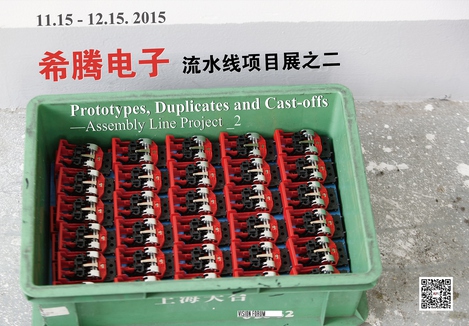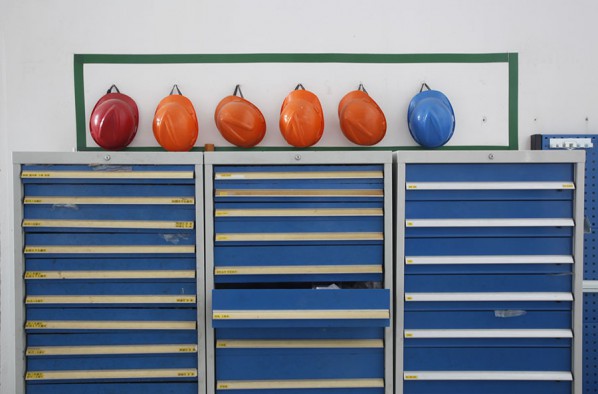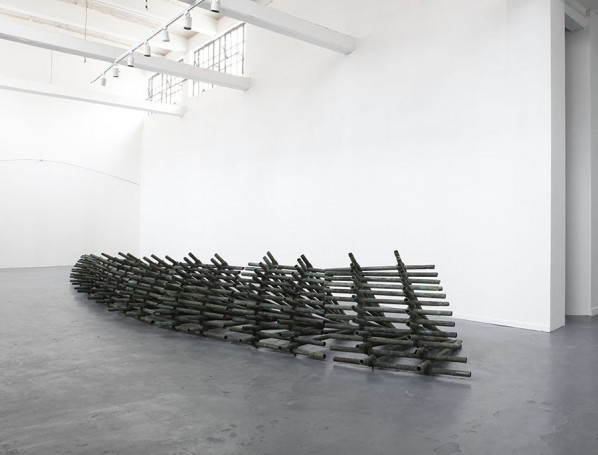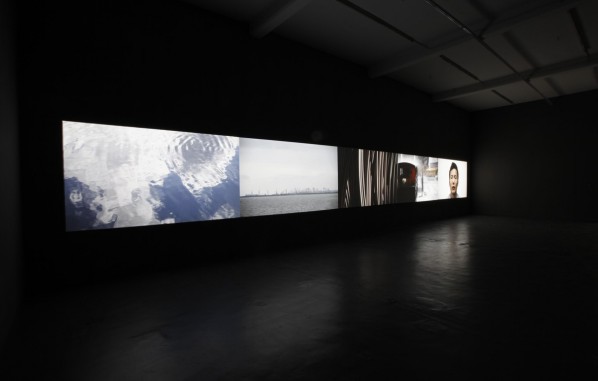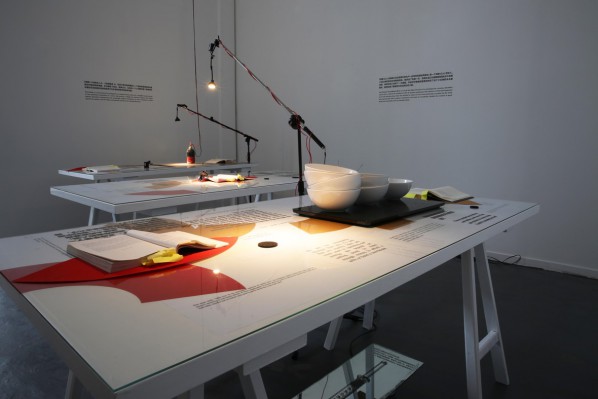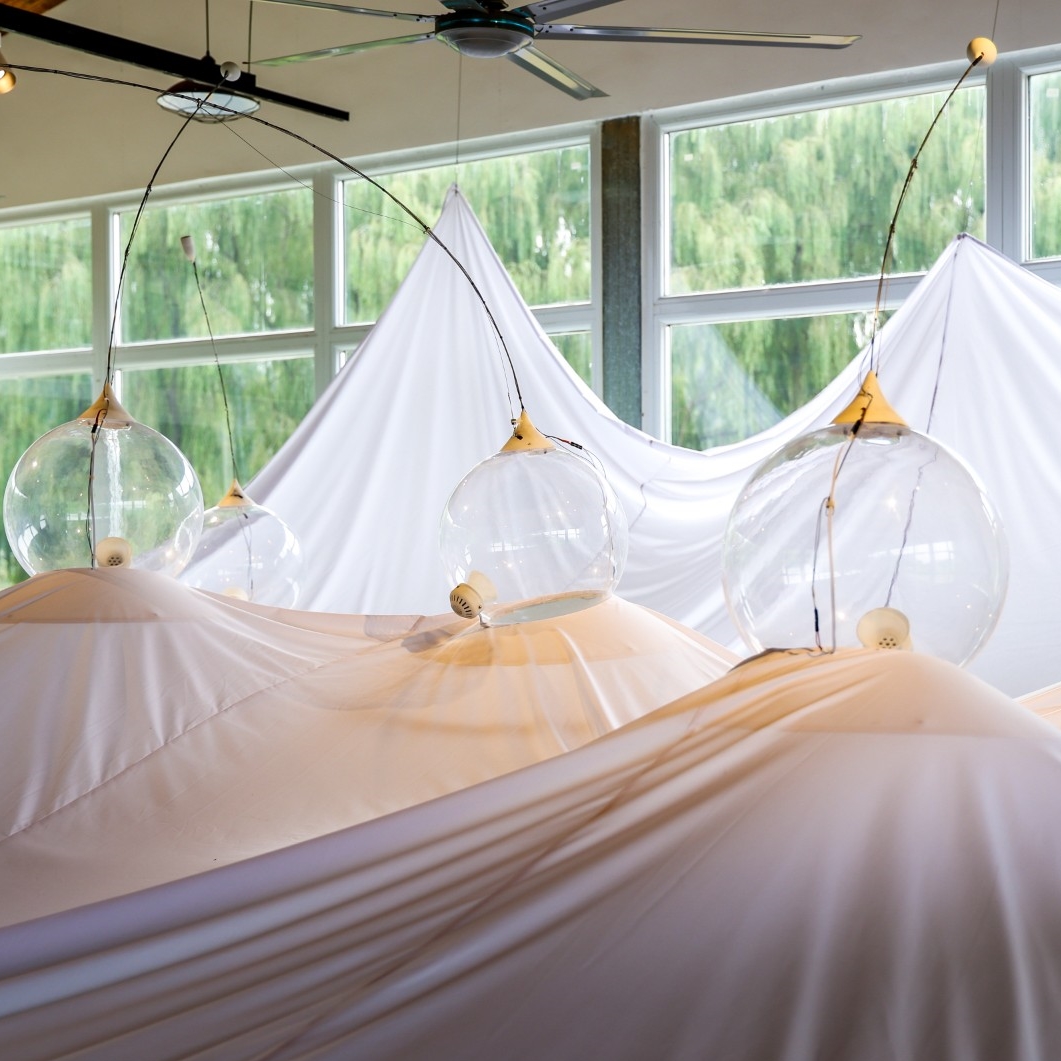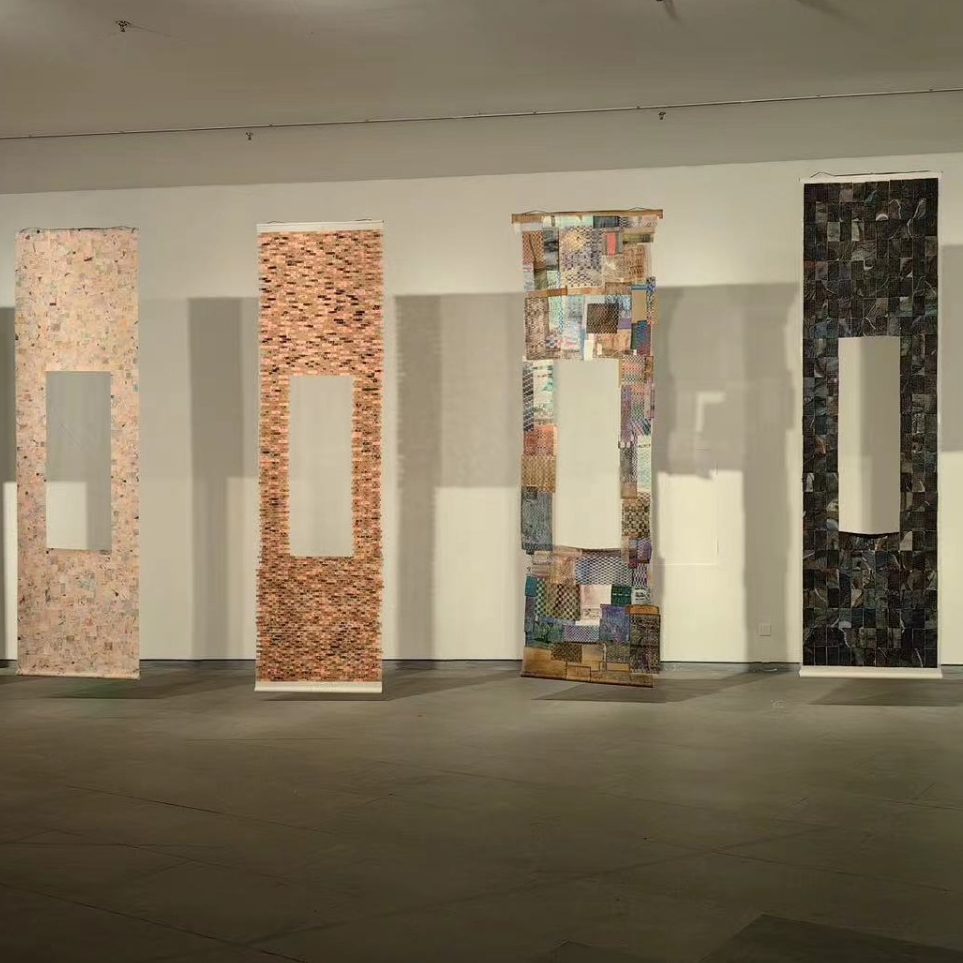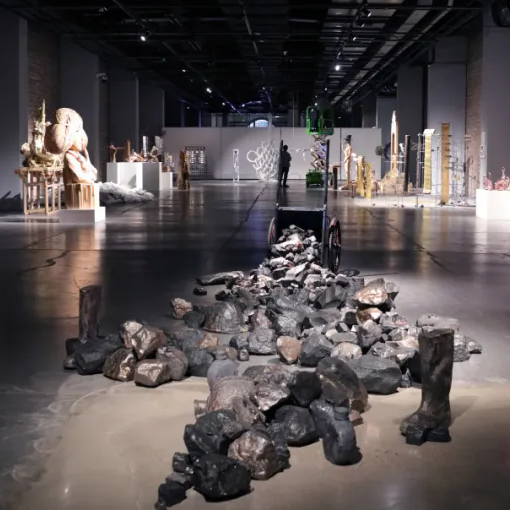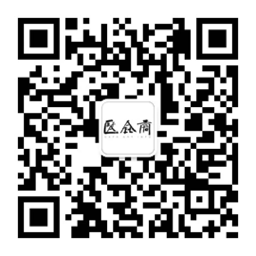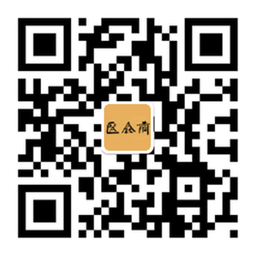Introduction to the Theme
On February 19, 1997, Jacky Yue left the Gobi Desert, leaving behind his job in a giant state-owned company. On that very same day that Deng Xiaoping died, he threw his iron rice bowl in the northwest China desert and headed first to Beijing, then South to Shenzhen and finally Shanghai to eke out a living. After an arduous journey he established the Systence electronics company in 2000 with two friends—part of a growing number of small scale-electronics factories which would soon pop up all over the economic landscape in the early 2000s. Over the course of the past ten years against the background of China’s transformative industrial development he earned himself a modest success. In 2014, after outgrowing their former factory space, Systence moved to the Malu Town Industrial Park in Jiading.
In September 2014, the Artist Li Xiaofei moved his studio into the Systence workshop. Li spent the following two months producing the work “Unknown Facets” for the Shanghai Biennale interacting with the factory workers on a daily basis. Once when the artist was in the workshop eating a quick meal, a worker shyly said to him, “Actually, what you do in your line of work is tiring and laborious!” This sentence was pregnant with meaning as the artist was surprised to find this kind of compassion in such an environment. At the same time this question raises another issue of equality between workers and artists. Can we not just refer to both of these jobs as “professions”? Perhaps the workers don’t really understand the work of the artists, but the artist creates value, on the other hand is it of any greater value than the products we use everyday, which are created by the workers?
In the past few years, Li Xiaofei’s Assembly Line Project has gathered source material from different factories and workshops; it has used materials produced by factories, and face-to-face interviews with workers. It has gathered footage of the factory floors, the production sites and has investigated the workers’ existence—their living conditions, their morals, ideologies and overall outlook on life. After completion, these art works were displayed in designated spaces, such as museums and galleries and other kinds of venues.
Yet there seems to be a great distance between the workers and the art works, or perhaps it’s more that these workers merely serve as the materials from which the artworks are made. This time with the “Assembly Line Project_2” they will try to return these "materials" used by the artists back to the actual workshop and in the process they hope to see the workers interact with the artworks. Perhaps they won’t, but nevertheless they hope to create the conditions necessary to facilitate a dialogue. Factory, workshop, workers, artists and viewers will, through this specially created environment, form a unique scenario. No matter what their profession, in this particular environment the value of their work and creativity will be evaluated anew.
About the Assembly Line Project
The “Assembly Line” is an ongoing series of works, which was initiated in 2010 by Li Xiaofei. It is a practice which is related to the process of social change in not only China but on a global scale.
Currently there are two phases to the project. The first phase from 2010-2013 focused on video not only as a form but also as a tool to analyze the assembly line. During this period, Li worked successively in the Yangtze and Pearl River Deltas, Sweden, Norway, the US and New Zealand to shoot over 100 different kinds of factories, having dialogues and exchanges with people of different positions within the assembly line. He employed a "realtime" shooting technique which was difficult to control, mixed with the language of documentary and a fragmented interwoven approach to create a mutual restructuring and a transformation of the relationship between man and machine, in essence to reconstruct an illusory reality.
In Li Xiaofei's view, the assembly line is a mode of production driven by capitalistic desire—it is repetitive, consistent, mechanical and devoid of emotion. At the same time, it is highly efficient, and can expediently expand the volume of production to create maximum value. This kind of repetition and consistency not only refers to the machine, but also represents the people in between and finally the products themselves.
Since 2013, Li Xiaofei has been exploring what lies beyond the orderly-ness of the assembly line, the capitalist factory, consumer society, social progress and social mores—the reality of the people living in a highly systematic and institutionalized environment. In the past two years, he has used various artistic forms employing "everyday objects" as his medium, and a non-narrative method to depict different landscapes and homes, to provoke people from different angles—from the observation of specific details to the contemplation of the whole. In the process the viewer can realize that things which may look unremarkable or natural, often bear with them a profound social significance.
As the Assembly Line project progresses, it has morphed into a rich, diverse, complex and fascinating creative project. In 2015 Li Xiaofei established the Assembly Line Project Studio (ALPS), with the aim of making it a creative platform, possessing a flexibility and a certain open-minded approach to engage in communication with people for different professions, to explore related connections between the Assembly Line and to further extend the Assembly Line Project. At the same time with each phase of discussion and research, we invite different artists and scholars to participate and cooperate with us in an ongoing series of curated thematic events.
About the exhibition
Assembly Line Project_2
Jiading Venue
Opening: November 15, 2-4pm
Exhibition Dates: Novembe16, December 15, 1-5pm (Closed Sun and Mon)
To Arrange a visit to the exhibition site please call 132 6267 3118
Address: Bldg 4, No 1288 Boxue Lu, Jiading District, Shanghai
M50 Venue
Opening: November 15, 5-7pm
Exhibition Dates: November 16-December 5. 11am-6pm (Closed Mon)
Room 210, Bldg 3, No. 50 Moganshan Lu, Putuo, Shanghai
Participants
Chen Hangfeng (Chinese Artist)
Grass Stage: Wu Meng, Yu Kai, Wu Jiamin, Liu Nian, Bruce Bo Ding, Jia Ying (Chinese theatre collective)
Per Hüttner (Swedish Artist)
Li Xiaofei (Chinese Artist) + Liu Heping (Chinese Poet)
Liao Wenfeng (Chinese Artist)
Liu Guangyun (Chinese Artist)
Mao Chenyu (Chinese Film Director/Anthropologist)
Performing Objects: Céline Butaye, Alice De Mont, Kristof Van Gestel
and Bie Michels (Belgian Artist Collective)
Egill S?bj?rnsson (Icelandic Artist)
Xiang Liqing (Chinese Artist)
Xiao Kaiyu (Chinese Poet)
Lise Yuen (Norwegian Artist)
Opening Day Transportation
Bus Departs: 1pm
Address: M50 main gate → No. 1288 Boxue Lu (travel time 30 minutes)
Bus Departs: 4pm
Boxue Lu No.1288, Jiading → M50 Main gate.
To reserve a spot on the bus please rsvp by responding to Assembly_Line@yahoo.com by October 30, 2015. Seats are limited.
Directions from Shanghai:
Take the Hujia Expressway and get off at Malu.
Turn right onto Bao’an Expressway
Turn left at Luzhong Lu
Turn right at Fengdeng Lu
Turn left on Boxue Lu.
Exhibition Organizer: Assembly Line Project Studio (ALPS)
Project Executive Director: Rebecca Catching
Designer: Guo Qingling
Hosts: Assembly Line Project Studio (ALPS), V-Art Center
Institutional Support: Department for Culture and Education German Consul General Shanghai, Norwegian Consulate General in Shanghai, Consulate General of the Kingdom of Sweden in Shanghai, Shanghai Systence Electronics, Fei Contemporary Art Center, Vision Forum, Helge Ax:son Johnsons stiftelse.
Special Thanks: Jacky Yue and Chao Jiaxing
Assembly Line Project Studio (ALPS)
Office: Room 303-A, Bldg. 7A, No. 50 Moganshan Lu, Shanghai, China, 200060
Studio: Building 4, No 1228 Boxue Lu, Jiading District, Shanghai, China, 2018


